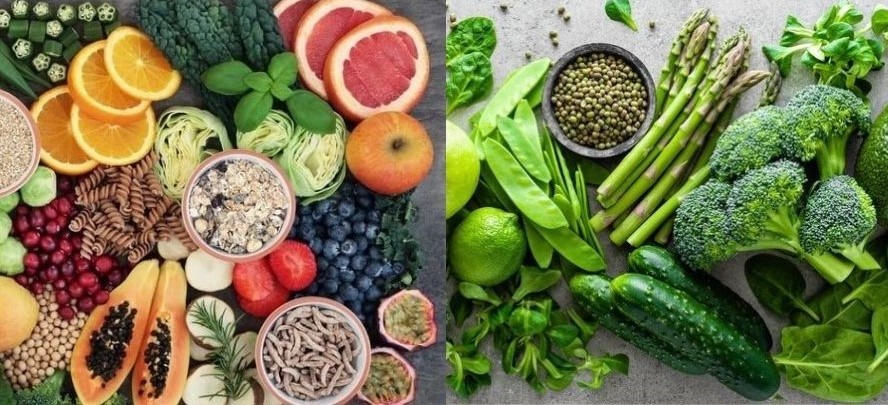“Eat less and move more is a simplistic approach that doesn’t provide any practical guidance,” says Melissa Mitri, a registered dietitian. While consuming fewer calories than you need can lead to weight loss, it’s the quality of the food you eat that matters, not just the quantity of calories.
Calories from ultra-processed foods tend to leave you hungry and unsatisfied, while nutrient-dense foods like vegetables, protein, and good fats can keep you feeling fuller longer.
In one study, participants were encouraged to increase whole foods and vegetables rather than reduce calories.

Exercising more does not guarantee weight loss
Exercise, while beneficial for your health, does not always lead to weight loss. The body often slows down its metabolism to compensate for the calories burned during exercise, which can reduce the benefits of exercise. Exercise can also increase appetite in some people.
Another side effect is that you may inadvertently reduce your activity for the rest of the day due to fatigue after your workout. Meanwhile, small activities like walking and climbing stairs can burn up to 350 calories per day.

Feeling deprived can be counterproductive.
According to Lisa R. Young, a registered dietitian, “eating less” often feels like a lack of food and leads to the opposite effect of overeating later. Research shows that severely restricting calories can actually make you gain weight instead of lose it. Instead of restricting, increase nutrient-rich whole foods like fruits, vegetables, and whole grains.
Metabolic adaptation
The body tends to stay at the same weight as before, causing the metabolism to slow down to conserve energy. This is why many people are unable to lose more weight after reaching a certain level.
Some healthy weight loss tips
Stress management: Practice activities like meditation, journaling, or spending time outdoors.
Get enough sleep: Try to maintain a habit of sleeping 7-9 hours every day.
Drink enough water: Water helps aid digestion and reduces hunger.











